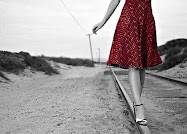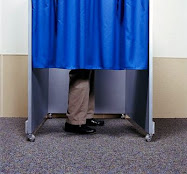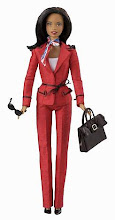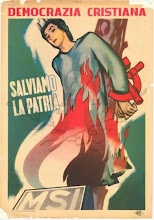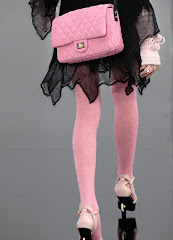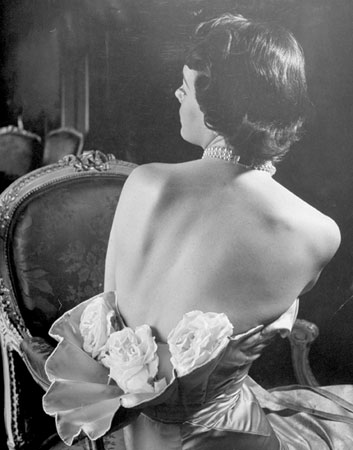In a period that has been less a traditional transition than an incremental inauguration, Obama so far has performed masterfully. Before the Mumbai terrorist attacks, he dominated the news and drove world financial markets with three successive press conferences, announcing a heavyweight economic team and previewing a deficit-heavy stimulus package. Last week, markets rose on the updraft of Obama’s words; evidently, there is a futures market for hope (though as Monday’s steep decline revealed, that doesn’t alter the dreary fundamentals).
At his national security press conference on Monday, Obama introduced a team that not long ago would have been as unexpected as his own election. He has engaged a retired Marine general as National Security Adviser and re-enlisted Bush’s Secretary of Defense to help engineer his withdrawal from Iraq. (I don’t share the apprehension of some Democrats about Obama’s choices; he won’t break his pledge on Iraq, which would shatter both his credibility and his party.)
The star turn belonged, of course, to Hillary Clinton, whose elevation to Secretary of State was opposed by some of Obama’s closest advisers. Some still worry about the risks, real or imagined. In the latter category is the notion that Clinton somehow will outshine President Obama. But no one in a cabinet outshines the President, and Obama has less to fear in this regard than most.
Other risks, however, are real. To dispel them, Clinton will have to pass the Hillary Test in the days and months ahead.
First, will she be a team player or a barely disguised competitor?
During the making of this Secretary of State, the leaks from her camp weren’t encouraging. She was inclined to say “yes” and then “no” and then “yes” again; she had to pick her subordinates; she needed guarantees about her role. High Clintonian drama was thus introduced into the precincts of No Drama Obama. Some of Clinton’s concerns were reasonable, but there was no reason to leak them—except as a pre-emptive excuse in the event of a vetting failure (think Bill, not her). Then the leaks abruptly stopped.
The test grows harder once she is in office. It will be difficult to sustain trust and coherence in foreign policy-making if unsourced stories proliferate, assigning Clinton credit for success, offering inside accounts of her dissents or blaming Obama for failing to heed her advice. She must resist such temptation, and I believe she will, not least because a split would likely endanger her future more than his.
However, it’s also possible that the new President will forge a genuine bond with the primary campaign rival he once said he liked “well enough.” Their relationship, after all, is a two-way street. The oft-cited comparison with Lincoln’s selection of his archrival, William Seward, for Secretary of State is instructive. Lincoln often walked across Lafayette Park to Seward’s home to confer with him. Seward, who in an early memo had proposed that Lincoln devolve presidential powers to him, became Lincoln’s closest friend in the Cabinet. Obama won’t be walking the two miles to Clinton’s residence off Embassy Row, but these latter-day rivals will succeed only if both principals work for it.
For her part, Clinton must be—and be seen to be—genuinely comfortable yielding center stage to Obama, as she did at the Democratic Convention. She will also have to foreswear a shadow political operation, including poll briefings from her strategist Mark Penn, the salient points of which would no doubt find their way into the press. (Come to think of it, she would have been better off without those poll briefings during her campaign, as well.) And President Bill Clinton will have to discipline himself to play a supporting role—for Obama as well as for his wife. Any hint of a policy split with the former president would be instantly attributed to Hillary.
Finally, atmospherics matter. In the 2000 Gore campaign, I witnessed the media’s fascination with each scintilla of interaction—every smile or scowl exchanged—between Al Gore and Bill Clinton. Any sign of discomfort generated speculation, headlines and damage. The same unforgiving klieg light will shine on the new President and Secretary of State when they’re together—or if they’re not together enough.
Hillary Clinton now has a big job. If she still aspires to the top job, she can’t afford to treat this period as an eight-year transition to her Presidency. If she contemplates a candidacy in 2016—and I suspect she does—the way forward is to focus on being an effective and loyal Secretary of State. Then, around 2014, she can resign and run from a position of greater strength than she was afforded in 2008. She will have no need of stories about sniper fire in the Balkans. And she will have proved that she can manage a large organization better than she ran her presidential campaign. In other words, to fulfill her ambition, Clinton must ignore it. For now.
Clinton was unquestionably a risky choice. But the move can pay off for Obama, for the country and ultimately for Clinton herself if she remembers something Obama himself has been repeating lately: We only have one President at a time.
That’s the Hillary Test.


